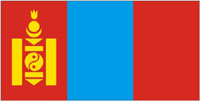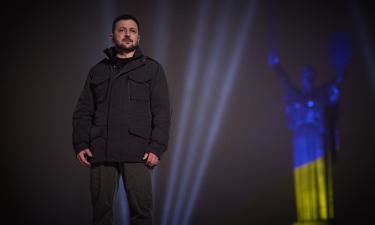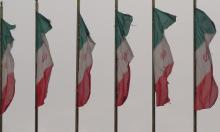Mongolia: 800th anniversary of Genghis Khan's march to world conquest
In the capital's Central Stadium, men dressed like warriors in Genghis Khan's 13th century army paraded on stout, brown horses. In one section of the grandstands people held up colored cards, forming pictures of the conqueror and the national flag. A well-known actor played Genghis Khan in white robe and head gear, riding a white horse to "Hurrays!" shouted by the crowd.

Mongolians and their leaders are reveling in Genghis Khan, finding a source of identity at an unsettling time. Sandwiched between a voracious China and an assertive Russia, Mongolia faces challenges abroad, while at home the democracy and free markets that followed communism's 1990 collapse have created wealth for some but left a third of the 2.8 million people in poverty.
The greatness of Genghis Khan is something that most Mongolians agree on.
The anniversary marks Genghis Khan's unification of fractious Mongol tribes in 1206, an event that gave Mongolians a nascent national identity and set them on a course to forge an empire that stretched from the Pacific to Central Europe.
Subscribe to Pravda.Ru Telegram channel, Facebook, RSS!





